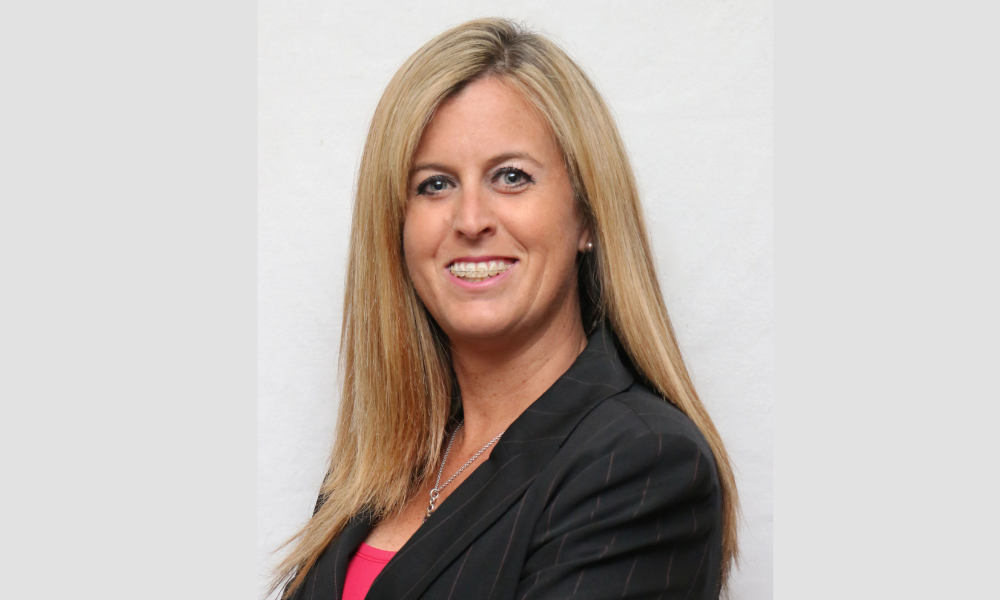Top originator on sector's potential

Affordability challenges are continuing to grip housing markets across the US – but manufactured and modular housing are still proving an effective way for prospective homebuyers to get a foot on the property ladder, according to a top loan originator who specializes in the niche.
Brie Henley (pictured) of Planet Home Lending told Mortgage Professional America that while the market for those property types had not been immune to the wider slowdown, activity remained robust, especially across South Carolina, Georgia, Florida, and Alabama.
“Business has slowed down a little bit, but definitely nothing compared to what [colleagues] have had to go through,” she said. “Manufactured, modular homes offer alternative, affordable living.
“You can still buy a brand-new home affordably with a manufactured home. Nowadays with rates on the rise, [housing] is almost unaffordable. This is an affordable alternative that people are seeking, that people want – and it’s very stable.”
Modular building involves the construction of an entire building or home offsite, with different components then transported to the site and quickly assembled. Manufactured homes, meanwhile, are constructed partly in factories and partly on a permanent offsite trailer chassis.
Government increasingly focused on manufactured housing
With the Biden administration honing in on modular building as a possible means of reducing construction costs and accelerating affordable housing supply, organizations including the Center for American Progress have highlighted the space’s potential to improve market conditions and ease affordability challenges.
The federal government has recently announced plans underway to improve accessibility and affordability of manufactured homes, with around 22 million Americans currently estimated to live in those types of dwelling.
After an unexpected jump in February, existing home sales in the US fell back to disappointing levels in March, according to the National Association of Realtors.https://t.co/N0mGDscBry#mortgageindustry #homesales #housingmarket #economy
— Mortgage Professional America Magazine (@MPAMagazineUS) April 19, 2024
For Henley, whose mother- and father-in-law offered an introduction to the space, it’s an attractive means of getting borrowers into a property – with lenders’ decision-making process for those loans largely the same as others.
“It’s very similar,” she said. “We look for all income types, all credit types. We basically find the right [fit] for the borrower – there are no specifics, really.”
Strong relationships with builders and construction companies have proven a good way for Henley to deepen her understanding and expertise of the space throughout an 18-year stint to date in the mortgage industry.
“I pretty much have done the majority of my business in manufactured and modular homes, and started from the ground up – doing trade shows, visiting dealerships,” she said. “Everything just comes from a referral base, word of mouth. I do a lot of construction, and I’ve pretty much capitalized on that product.
“Educating the borrowers along the steps of the way [is important], reaching out to the manufacturers directly. I work with a lot of the factories, a lot of the manufactured home sales centres, keeping them informed on market conditions, things that are going on, and rate changes.”
Those home types are appealing to a variety of buyers, she added – from middle-aged purchasers to new families and first-time entrants to the market – and maintaining regular communication with both current and prospective clients has proven an invaluable way of cultivating business opportunities.
“I think it’s just basically constant contact with all the parties – just giving them updates,” she said. “You might have weekly emails that go out to prospective borrowers, current clients, dealerships, just giving them a little market insight, walking them through where we are and what’s taking place and what’s happening.”
What should originators keep top of mind about the sector?
For mortgage professionals interested in developing their expertise with those product types, Henley said it’s essential to work with individuals and organizations with unparalleled experience and know-how about the space.
“You definitely want to make sure that you seek out the right company,” she said. “You want to have a company that knows the product, that has certain departments that can help you along the way. There’s a ton of steps throughout the process with manufactured homes – especially if you’re doing a one-time-close loan.
“You need to be able to have different products to offer, a well-funded company, and a backbone of support people who can help you. It’s a great niche to have and something to get in.”
Stay updated with the freshest mortgage news. Get exclusive interviews, breaking news, and industry events in your inbox, and always be the first to know by subscribing to our FREE daily newsletter.



